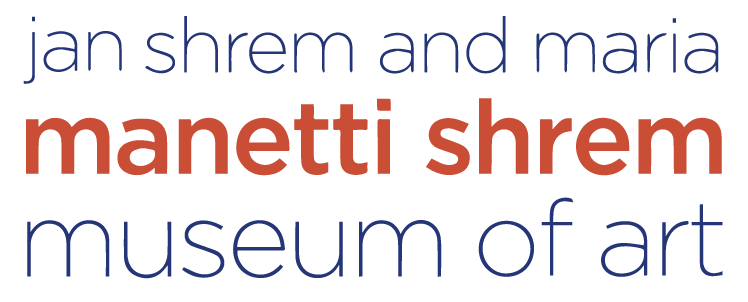Montoya was a significant artist throughout El Movimiento, a nationwide civil rights effort that called for self-empowerment and social justice. The political graphics of this era were defiant and aspirational efforts aimed at lauding the strength of communal uprising and emboldening personal and cultural pride. A new generation of artists continues Montoya’s fundamental tenets of El Movimiento — such as efforts to stop police brutality and collective education — through applying their art to causes like Black Lives Matter (BLM) and LGBTQ+ rights. The inherent need to demand a hopeful future defines a continuing thread across artistic generations: Together, they will fight for the marginalized, challenge injustice, and guide us into a new and improved society.
Resources
Susy Zepeda is an associate professor in the UC Davis Department of Chicana/o Studies. Her research focuses on cultural memory, Xicana Indígena spirit work, and oral and visual storytelling. Zepeda recently published her first book, Queering Mesoamerican Diasporas: Remembering Xicana Indígena Ancestries. In conjunction with the section A Better Tomorrow, Professor Zepeda has provided websites and essays that further illuminate the current state of protest art in the United States.
- Susy J. Zepeda, “QUEER INDÍGENA ART: Visual Prayers for Remembering Grandmother Earth through Oral and Visual Storytelling,” in Queering Mesoamerican Diasporas: Remembering Xicana Indigena Ancestries. University of Illinois Press, 2022 (pdf).
- Xamuel Bañales, “A Conversation with Favianna Rodriguez: World-Making through Decolonial Feminist Artivism,” in Feminist Formations, Volume 35, Number 1, Spring 2023, pp. 154-194 (pdf).
- Norell Martínez, “Femzines, Artivism, and Altar Aesthetics: Third Wave Feminism Chicana Style,” in Chiricú Journal: Latina/o Literatures, Arts, and Cultures, Volume 2, Number 2, Spring 2018, pp. 45-67 (pdf).
- Mujeres de Maiz - a grassroots, multimedia women’s activist organization based in East Los Angeles, California.
- Dignidad Rebelde: Melanie Cernvantes and Jesus Barraza
Dignidad Rebelde Shop
Dignidad Rebelde: Combining Art, Activism, and Accessibility
Professor Lorena Márquez’s research focuses on Chicana/o history, movements, feminisms and oral histories. She is an associate professor in the UC Davis Department of Chicana/o Studies and the project director of the Sacramento Movimiento Chicano and Mexican American Education Oral History Project. The resources she recommends for the section, A Better Tomorrow, feature books that expand and build upon Montoya’s central role as an artist throughout El Movimiento
- Lorena V. Márquez, La Gente: Struggles for Empowerment and Community Self-Determination in Sacramento (Tucson: University of Arizona Press, 2020).
- Ella María Díaz, Flying Under the Radar with the Royal Chicano Air Force: Mapping a Chicana/o Art History (Austin: University of Texas, 2017).
- Carlos Francisco Jackson, Chicana and Chicano Art: ProtestArte (Tucson, University of Arizona Press, 2009).
- Ian F. Haney López, Racism on Trial: The Chicano Fight for Justice (Cambridge, Massachusetts: Harvard University Press, 2003).
- Lorena Oropeza and Dionne Espinoza, Enriqueta Vásquez and the Chicano Movement (Houston: Arte Público Press, 2006).
- Ignacio M. García, United We Win: The Rise and Fall of La Raza Unida Party (Tucson, University of Arizona Press, 1989).
- Matt García, From the Jaws of Victory: The Triumph and Tragedy of Cesar Chavez and the Farm Worker Movement (Berkeley: University of California, 2012).
